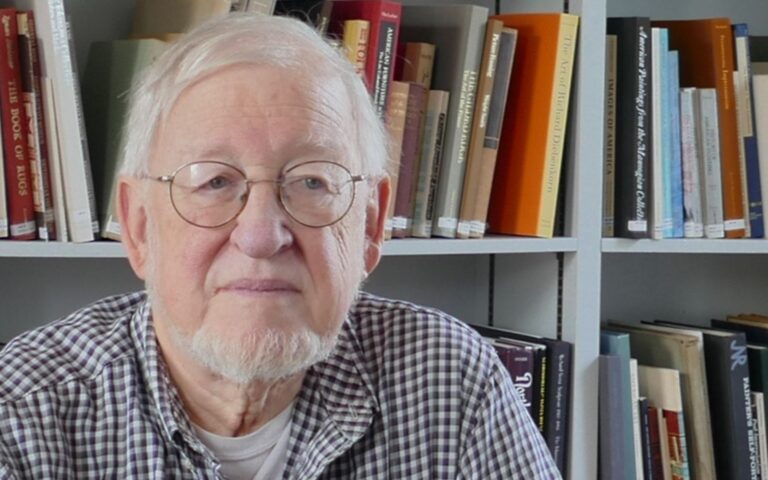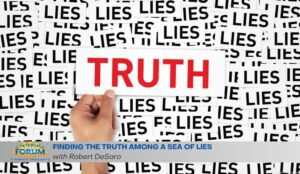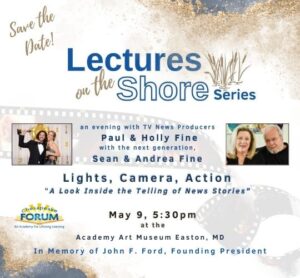Do public opinion polls truly capture the essence of what the public believes? Join us in this thought-provoking course as a mathematician delves into the intricacies of measuring public opinion, questions the very foundations of poll-based insights, and confronts the paradoxes that render the concept of public opinion elusive.
As we navigate through a turbulent election cycle, discover the nuances that make interpreting public sentiment a formidable task. Imagine a scenario where divergent opinions on addressing the deficit clash, leading to a web of contradictions. Suppose two-thirds of the population advocates for spending cuts to limit the deficit, yet when presented with specific options like cutting defense or Medicare, the dynamics shift dramatically as tax-raisers are joined by Medicare cutters in wanting defense to keep its budget. What should we conclude about this paradoxical situation?
What to Expect: Explore the power of mathematical thinking to dissect and analyze the complexities of poll results, providing a new lens through which to understand the elusive nature of public sentiment. Expect discussion – LOTS of discussion – as Ron helps us develop a finely-tuned cynicism toward the reporting of political poll results in the upcoming election.




